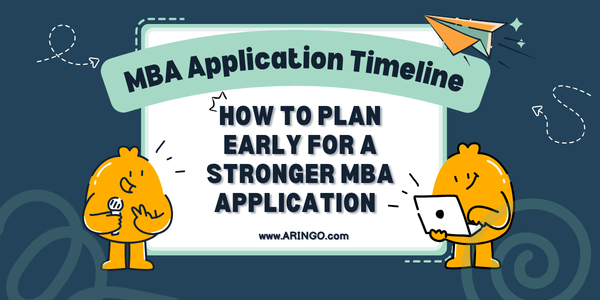Choosing the right MBA program is a pivotal decision that can shape your future career. With a vast number of top business schools available, it’s easy to feel overwhelmed. The process is less about finding a single “perfect” school and more about making an informed decision based on key factors.
The Reality of Choosing a Business School
A common misconception is that there are significant differences between many highly-ranked schools. There aren’t that many differences between lots of similar schools. While there’s a clear distinction between a top-10 and a top-100 school, the nuances between schools within the same tier are often subtle. The real challenge lies in forgetting some of the myths you might hold about certain institutions and focusing on what truly matters to you and your career goals.
Key Factors for Your Decision
So, if the differences are minor, how do you decide? Several key factors to consider.
- Career Change or Progression: One of the primary reasons people pursue an MBA is to change careers. Shimri himself used his London Business School MBA to pivot from a programmer to a consultant. He emphasized that an MBA is a powerful tool for making a significant change, whether it’s a new industry, function, or geography. A good program will provide you with the skills and network needed to facilitate this transition.
- Location and Specialization: Begin your search by considering geography. Do you have a specific country or region in mind where you want to live and work after graduation? If you’re flexible on location, the next step is to look at specializations. Are you passionate about a specific industry like finance or a function like marketing? Research schools that are renowned for those specializations and have a strong track record of placing graduates in those fields.
- Employment Reports and Class Profile: Once you have a preliminary list, dive into the details. The employment report is your most valuable tool. It provides a transparent look at which companies are recruiting on campus and the roles they are hiring for. This gives you a realistic idea of the career opportunities available at that school. It’s also crucial to review the school’s class profile to see if your own profile, including your work experience, GPA, and GMAT/GRE scores, falls within the typical range for admitted students.
- Campus Culture and Vibe: Beyond the data, the culture and personality of a business school can significantly impact your experience. Shimri highlighted that talking to current students and recent alumni is essential. They can provide invaluable insights into the “vibe on campus”. Some schools have a close-knit, family-like community, while others are more competitive. Finding a place where you will thrive and feel supported is key.
- Post-MBA Opportunities: The value of an MBA is often measured by the opportunities it creates. Shimri, for example, went from London Business School to a consulting role and then to business development roles in big IT companies. His experience demonstrates the power of the MBA to open doors and facilitate career progression.
The process of selecting the right schools and building a compelling application can be complex. ARINGO MBA Admissions Consulting helps with the “entire MBA admissions process”. This includes everything from school selection to interview preparation and even scholarship negotiation. We can help you navigate the nuances of the admissions process and present a strong case to your target schools. Contact us today for a free profile evaluation.
This article is based on a webinar you can watch here:





